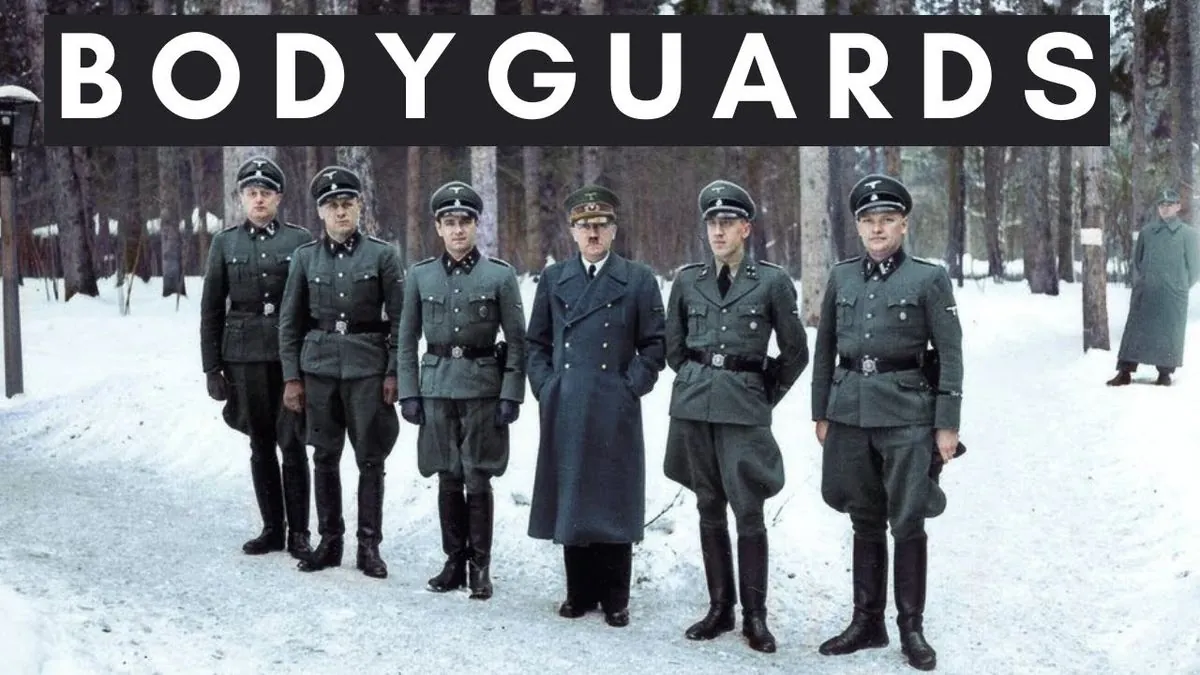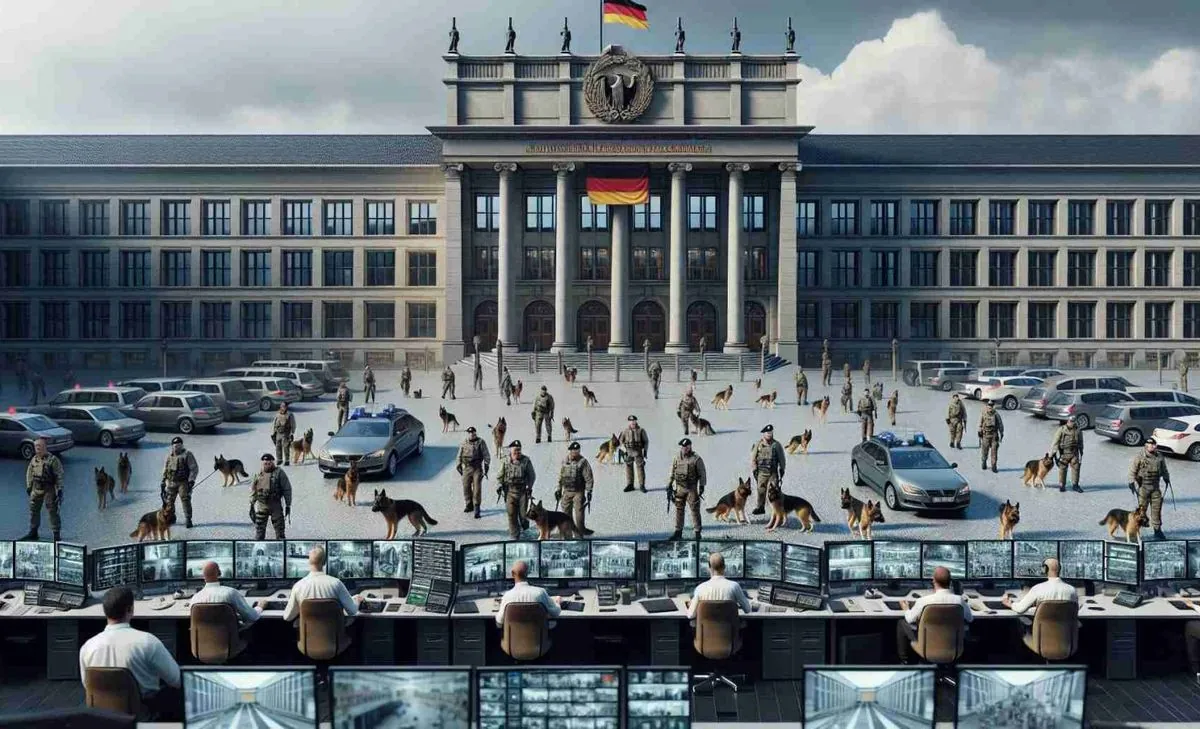German Police to Boost Bodyguard Numbers Amid Rising Threats
Germany's Federal Criminal Police Office plans to increase its bodyguard force by 200 over the next two years, citing growing domestic and international risks as the 2025 national election approaches.

The Federal Criminal Police Office of Germany has announced plans to significantly expand its bodyguard force in response to escalating security concerns. Holger Münch, the head of the agency, revealed that the current team of over 500 bodyguards will be augmented by 100 additional personnel in 2025, with another 100 to follow subsequently.
This decision comes as Germany faces mounting challenges both domestically and internationally. The ongoing conflicts in Ukraine and Gaza have been cited as contributing factors to the increased security risks. The Bundeskriminalamt, established in 1951, is responsible for safeguarding high-ranking officials, including the President, Chancellor, federal ministers, and key lawmakers in the Bundestag.
The timing of this security enhancement is particularly significant, as Germany approaches its next national election, scheduled for September 28, 2025. This election will take place in a political landscape characterized by discontent and volatility. The current government, a "traffic light coalition" comprising the SPD, Greens, and FDP, has faced criticism for internal disagreements and unpopular policies.
Germany's multi-party system, which has been in place since the country's founding in 1949, is currently experiencing a shift in dynamics. The far-right Alternative for Germany (AfD) party, founded in 2013, has been gaining traction in recent polls. This development has raised concerns among political observers, given that Germany's post-war political system was specifically designed to prevent the rise of extremist parties.

Chancellor Olaf Scholz, who serves as the head of government in Germany's federal system, has expressed his intention to seek re-election. He faces a formidable challenge from Friedrich Merz, the leader of the conservative opposition bloc, which currently leads in national polls.
The upcoming election will be conducted under Germany's mixed electoral system, which combines proportional representation with direct mandates. This system, along with the 5% threshold for parties to enter parliament, has historically promoted coalition governments and political stability.
As the election approaches, the Federal Criminal Police Office's decision to bolster its security detail reflects the complex interplay of domestic politics and international events. The agency's proactive stance underscores the importance of maintaining a secure environment for political discourse and governance in Europe's largest economy.
"This has to do not just with growing dangers at home but also abroad, for example with the Ukraine or Gaza wars."
The increased security measures come at a time when Germany's role on the global stage is under scrutiny. As a key member of the European Union and NATO, Germany's political stability and security have implications that extend far beyond its borders. The Bundeswehr, Germany's unified armed forces established in 1955, continues to play a crucial role in the country's defense and international commitments.
As Germany navigates these challenging times, the principles enshrined in its Basic Law (Grundgesetz) remain a cornerstone of its democratic process. The Federal Constitutional Court, as the supreme constitutional authority, continues to safeguard the fundamental rights and freedoms of German citizens.
The upcoming election and the heightened security measures serve as a reminder of the delicate balance between maintaining open democratic processes and ensuring the safety of public officials. As Germany prepares for this crucial political event, the world watches with keen interest, recognizing the significant impact of German politics on regional and global affairs.


































